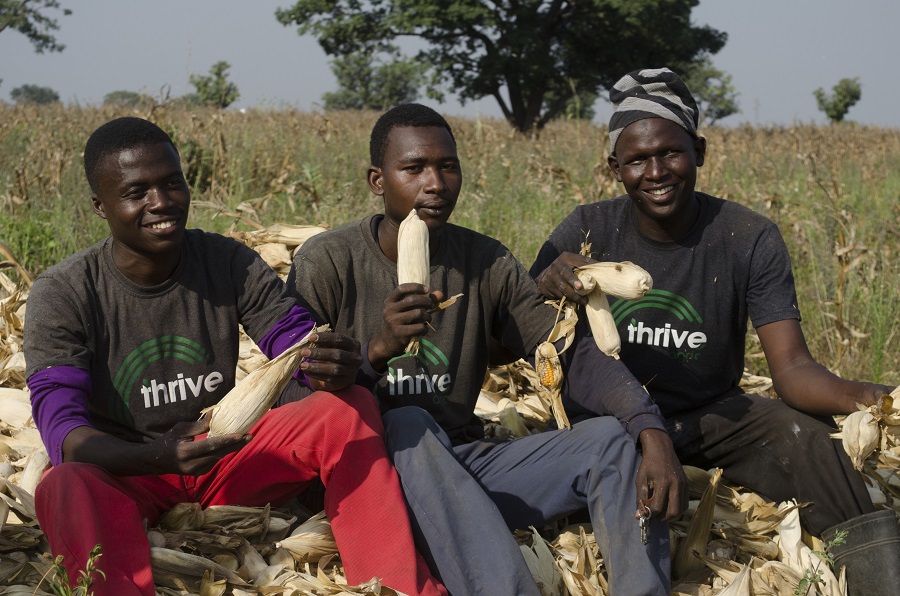The United States has announced new set of rules limiting the number of H-1B Visas also known as Work Permits that it will be issuing to highly skilled workers, including Nigerians, seeking to work in the United States. The new rules take effect this week.
This was disclosed by the United States Departments of Labor and Homeland Security on Tuesday making it even harder for applicants to get one of the most sought-after visas in the world. According to reports, the new rules will reduce the length of visas that it will issue, increase the wages of those who get the visas, and limit the types of university degrees that can qualify for the visa.
READ: PenCom should pay 50% of workers’ pension at retirement – TUC
Several reports monitored by Nairametrics suggest the new rules could reduce the number of Visa Applications by as much as one-third. This was also confirmed by Ken Cuccinelli, Acting Deputy Secretary of the Departments of Labor and Homeland Security (DHS).
What they are saying: According to the US Officials, the move became necessary to protect Americans from losing jobs to highly skilled immigrants especially now that the economy is in bad shape due to the effect of the Covid-19 virus.
- “With millions of Americans looking for work, as the economy continues its recovery, immediate action is needed to guard against the risk lower-cost foreign labour can pose to the wellbeing of US workers. America’s immigration laws should put American workers first.” Deputy Secretary of Labor Patrick Pizzella.
- According to the Wall Street Journal, “Under the new rule, the required wage level for entry-level workers would rise to the 45th percentile of their profession’s distribution, from the current requirement of the 17th percentile. The requirement for the highest-skilled workers would rise to the 95th percentile, from the 67th percentile.”
- Last July Donald Trump told Fox News that he wanted Americans to take the jobs that would otherwise go to those granted the visas. “We have plenty of people looking for jobs,” he told Fox. “I think it’s going to make a lot of people very happy. And it’s common sense.”
READ: Emirates Airlines banned from operating in Nigeria
According to US Immigration law, a total of 85,000 new H-1B visas are allowed for each government fiscal year. This number includes 65,000 new H-1B visas available for overseas workers in specialty (professional) level occupations with at least a bachelor’s degree, with an additional 20,000 visas available for those specialty workers with an advanced degree from a US academic institution.
Why this matters: Nigerians make up a large chunk of immigrants applying for H-1B visas meaning most could end up being asked to leave the country or seek other alternatives to remain in the US.
- Nigerians seeking approval for the visas will also hope that their employers increase their salaries in line with expectations or risk being denied the visas.
- This piles pressure on organisations looking to cut costs to remain competitive making applicants vulnerable to being let go.
- Nigerians makeup one of the most skilled people living in the United States and some believe the Trump Administration views them as a threat to US Jobs.
- In January, the Trump administration expanded visa bans on six countries: Eritrea, Kyrgyzstan, Myanmar, Nigeria, Sudan, and Tanzania.
ICYMI: Back in June, US President Donald Trump signed an order temporarily halting access to several employment-based visas, and issuance of green cards for the rest of the year.













I agree with Trump that it is common sense to protect the interests of their citizens. Let affected countries like Nigeria go and build their economies in a sustainable manner. For Nigeria, this has to be done from the scratch and not in the usual fire brigade manner of talking and throwing intervention funds at economic units without genuine efforts by the government to understand and resolve the real issues around the high rate of business failures and exits in the economy. For instance, the problems of power, good roads, multiple taxation and harassment of businesses have been with us for decades and no amount of money given to MSMEs would erase the implications of these problems for business survival, expansion and competitiveness.
Yea..its getting tougher in the west so i guess these trend will increase and continue. Globally its becoming tougher by the year so it makes sense to control the market and protect local citizens. My advice to diasporas is to plan and prepare hard for the future and explore opportunities in emerging markets. It doesn’t mean it must be in your country of origin